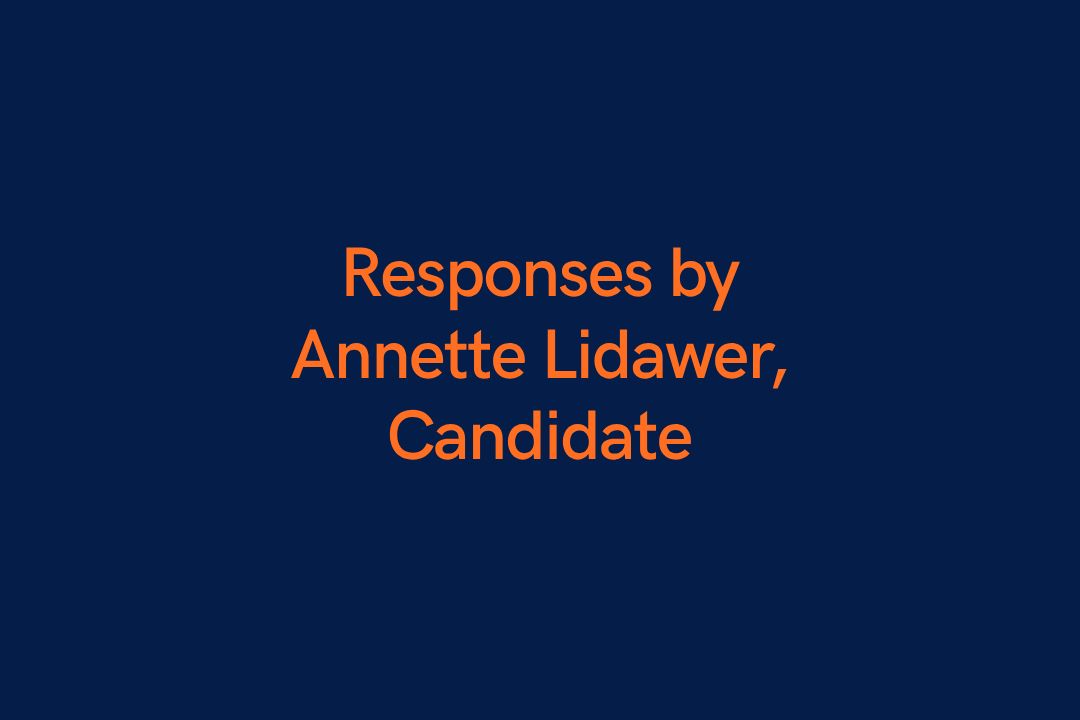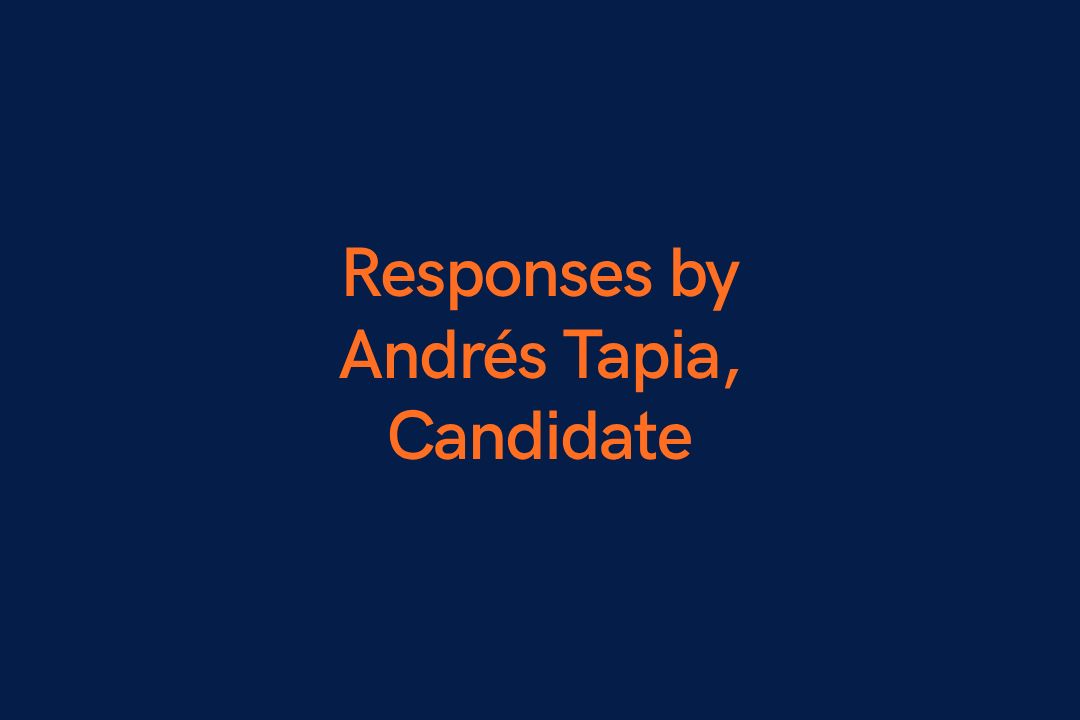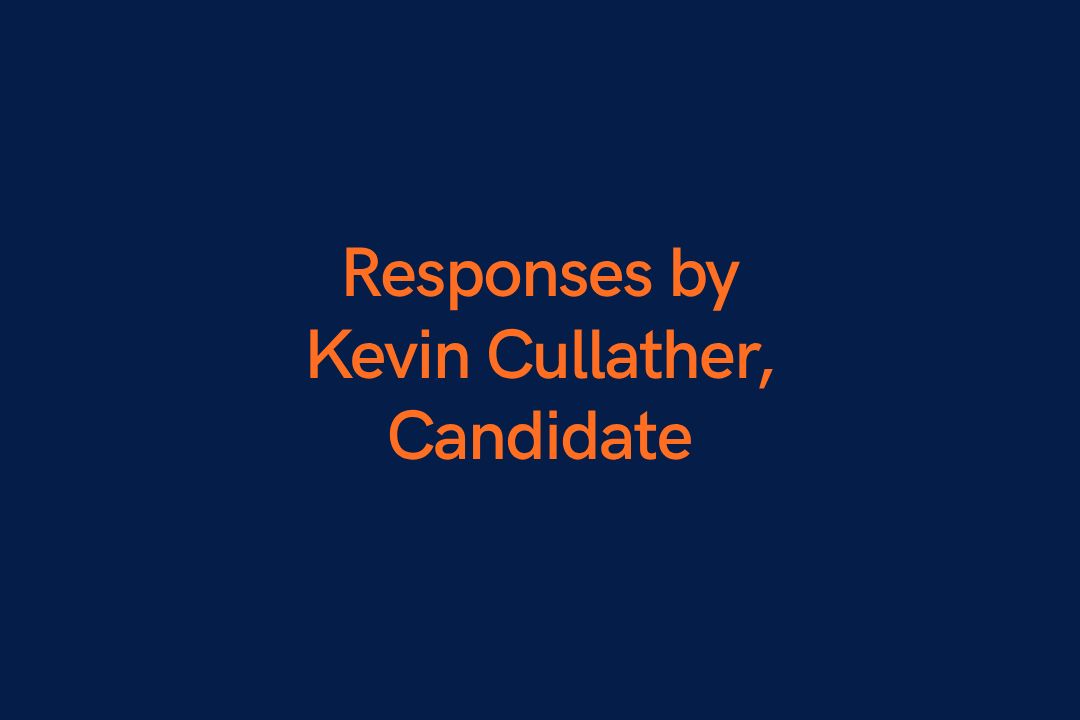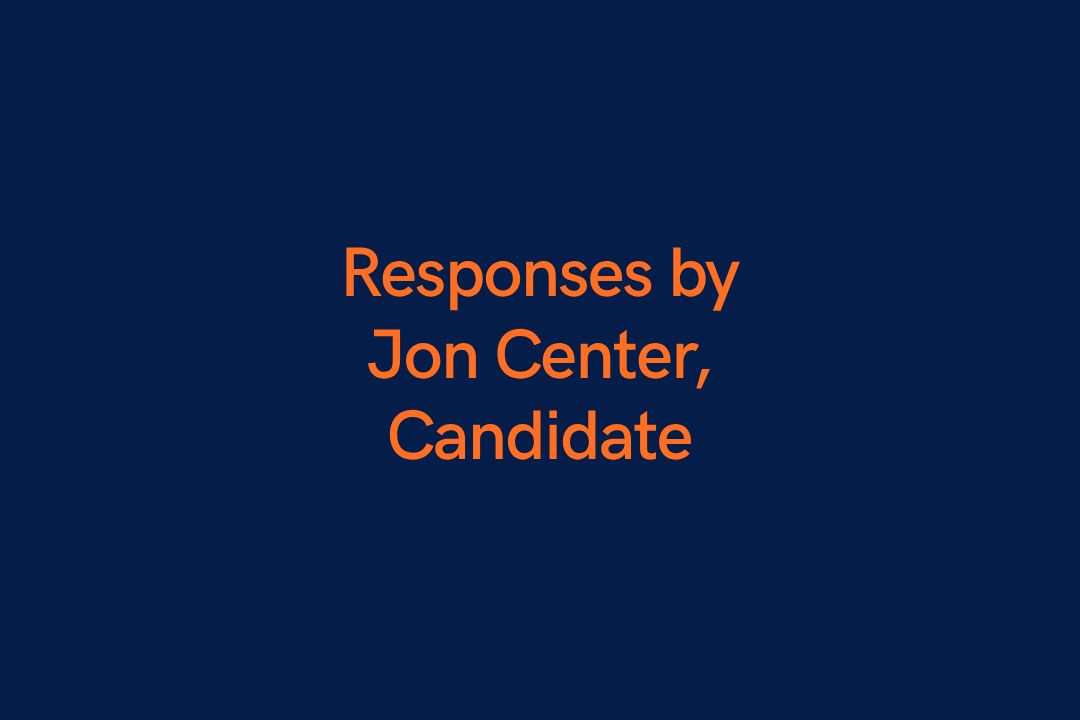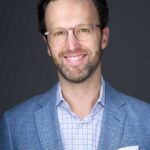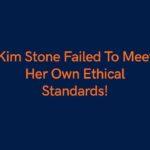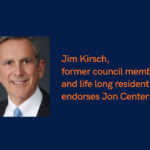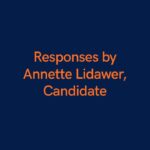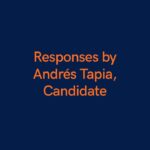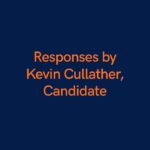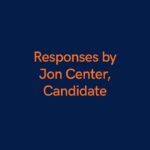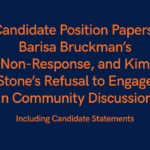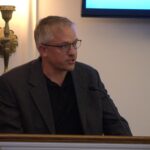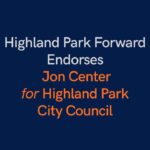Question 1: Highland Park Forward believes the council should be made up of a diverse group of individuals representing the different communities and interests of the city’s residents with each bringing a unique set of expertise/skills to the council. Why are you seeking a position on the Council and what unique attributes, experience and skills would enhance your electability and improve the work of the council?
Annette Lidawer: I am running for a second term because I have many projects yet unfinished. Whether it be the ongoing need for economic development or changing the liquor license law, I have been at the front of these battles. I have brought the experience of many elections, many years in various public offices and a deep understanding of our community to bear. I am running to ensure that these priorities and projects come to fruition.
I am not a new candidate, but a proven leader and loud voice of reason on the City Council. I have led initiatives such as the fight to make economic development a priority. But I am not so jaded as to not feel fresh and excited about the City’s prospects. As an attorney, educator, former school board member and president on District 113’s board, I feel uniquely qualified to critically analyze issues before the Council and to share the perspective of sister governments. I have a proven record of electability and add a more well-rounded tone to discussions. I am seeking re-election to bring my voice as a 25-year resident, parent of three and activist, as well as those of my constituents to the City Council.
Question 2: HP Forward believes a community and its leaders must always be considering changes to address shifts in its residents’ wishes and needs, and to keep up with surrounding communities. What improvements and changes would you work for in city government and in the community at large?
Annette Lidawer: We have a very clear mandate at this time in Highland Park: residents are demanding more efficiency, more vibrancy and coherency. Streamlining processes for permitting, improving our ordinances by reviewing old laws which have not been updated will begin this work, but with greater emphasis on the whole community long term.
To address these ideas in a cogent fashion, the most important initiative I want to tackle is the development and implementation of a Master Plan to fully integrate all these ideas. The city had a 10-year Master Plan which expired 15 years ago. As a commissioner on the Plan and Design Commission in 2019, I began asking why we didn’t have a current Master Plan. Today, the City’s workplan includes this crucial project. I pushed to embark on this journey through a new Master Plan to formulate a vision that is complete for Highland Park considering expansion, growth, new initiatives and needs for our residents.
Question 3: HP Forward is dedicated to ensuring a more vibrant and thriving local business community, providing an attractive destination for its residents and visitors and a solid tax base to help reduce tax burdens on homeowners. How do you believe the city is currently meeting this mission and what would you do differently? Please share any specific plans.
Annette Lidawer: The city has a long way to go to meet the goal of vibrancy and thriving businesses. We are off to a good start, but our newer residents, younger families and lifelong residents were tired of empty storefronts when I ran for my first term in office. My goal was to prioritize economic development. Under my leadership, economic development became a priority for the city and a pillar of our governance. That designation translated into dollars for marketing, incentives programs for storefronts, revitalization of business areas and beautification and initiative programming to attract new restaurants (toward a critical mass) and businesses. I worked closely with sister governments, our advisory groups, boards and commissions and the Chamber of Commerce to ensure coordination and to maximize our efforts.
The last two years have seen a huge shift and a lot of work. We’ve hired staff and changed the focus. We did over six million dollars of infrastructure improvements on Second Street to improve the livability, walkability and sociability of the street through outdoor furniture, bump outs in the sidewalk, new lighting, ballasts and pavers. This general facelift of the area is bolstering the rest of downtown and Highland Park in general. Our business’ success are the city’s success. Their success is tax revenue toward a stronger Highland Park.
I would like to see better use of the Lot as a fully developed park, open space and festival area. We must complete a remembrance space for the community following the 4th of July tragedy. There are two more large restaurant incentives I’d like to see explored. Many businesses need the assistance we can provide with matching grants for façade and other improvements and there are still too many vacancies.
Question 4: HP Forward is also seeking a more open, inclusive, and transparent local government. To help us understand your views on these important goals, please reply to the following question areas:
a. Explain your understanding of the role of the city council in interacting with the community, the different commissions, and with city staff while setting city policy and operating plans.
Annette Lidawer: As a council member, my role is to develop and oversee policy for the community as well as to ensure the safety of residents, continue with infrastructure improvement, maintain a balanced budget and enhance sustainability and economic development. In that capacity, I seek the advice of residents on an ongoing, daily basis. I am in constant contact with Highland Parkers and other leaders. Frankly, I’m grateful when people reach out with questions and suggestions.
I attend advisory group and commission meetings and speak to the advisors and commissioners on a regular basis. Highland Park has eighteen advisory groups (including boards and commissions). These groups are made up of residents who have requested a volunteer position to serve the community. Their input is firsthand and when coupled with that of staff, whose job it is to research and professionally advise/implement, we have a broad range of information and ideas from which to develop policy.
b. Highland Park Forward began during the recent Liquor License debate. We believe a council member should always do what they believe is right for the community, even if the decision is unpopular. We also believe the community is entitled to an explanation of decisions made by a council member. Please explain your views on the liquor license law and how you reached your decision.
Annette Lidawer: As an attorney and a first generation American, respecting voters and inclusivity, are two of the most basis tenets of government. Hence while my individual views over an issue may be different from others, the protection of those rights is paramount to my decision making.
The liquor license law represents those tenets in my mind. When an archaic law such as the Liquor License law (prohibiting permit holders from serving) is found, it should be corrected. When we failed to do so, we violated the fundamental rights of Highland Parkers.
Former Council member Hoobler held such a license, and every voter knew that. Yet Highland Parkers elected him as the top vote getter in the 2023 election for City Council. What people didn’t know, including elected officials, staff and legal counsel, was that this archaic law prevented him from holding office. We all made mistakes, but instead of correcting them and respecting the will of the voters, the city council, in whose arena to change the law power exists, refused, despite the State of Illinois having corrected this age old mishap, to honor the voters’ wishes.
Additionally, I made my decision to support the change because I listened to the residents. After a year of study and legal briefing, hundreds of emails from residents and 82% of voters stating loudly and clearly through a non binding referendum their preference: we have disregarded their wishes. And we have done so to prevent a segment of the population from running – to our own advantage.
I found the Liquor License law to be an exercise in democracy. It was unifying for our community, but divisive and tone-deaf by our city council.
c. Using the recent conflict over the liquor license laws as an example, what was done correctly by the council and what changes, if any, do you believe are appropriate for the council to consider when dealing with public policy issues going forward?
Annette Lidawer: The democratic process was not correctly used in the Liquor License situation. The process began correctly: The issue was brought to everyone’s attention in a public setting. But after extensive taxpayer dollars were spent on comprehensive legal research, nothing was done. The public was heard via emails, testimony, and public comment at meetings, but they were ignored as the Council was deadlocked and the law did not change.
Then there was petitioning and an advisory referendum. Every possible avenue was tapped for input and hundreds of voices were raised and thousands of votes were cast. It is important to note that in addition to the 302 emails received from the public (of which one was opposed and one advocated for additional study), 2500 resident voters signed a petition in just over a week to get the measure on the ballot this past November. Because November 2024 was a general election, 77% of registered voters turned out to vote and 82% of them wanted the law changed. This measure received the largest consensus of voters in Lake County and the second largest in the State of Illinois. The public was ignored.
Immediately following the November election, I tried to bring the measure for a vote before the city council to respond to the voters’ wishes: change the law. Only Councilmember Tapia supported my request, and the law remains the same.
Public policy is the council’s main business. Hence going forward the Council needs to listen to the overwhelming majority of its constituents’ desires. improving its processes in determining and implementing its reasoning requires safeguarding. The display of activism by our community deserves acknowledgment and the disregard of that process by the Council needs change.
I tried to be that voice of change and will continue to work on this effort as well as others that require raising. Going forward, like a super majority concept, when Highland Park speaks this loudly, the City Council should not only listen but be required to follow the will of its residents. Over 14,000 people (over the age of 18) spoke loudly in a town of 30,000 (inclusive of those under 18 years old), those voices should be heard, respected and action by the City Council should be immediate.
Please also provide a short closing statement as to any other matter that you feel is important for the community to focus on and why you deserve HP Forward’s endorsement.
Annette Lidawer: I am running for a second term because of my institutional knowledge, need to complete unfinished business and desire to fulfill the requests of our residents. I am seeking HP Forward’s endorsement because my values and goals are very much aligned with those of HP Forward who, as a grassroots voice for Highland Parkers, was and will be instrumental in advocating to the City Council.
Our economic incentives are just beginning to progress. Our updates to infrastructure and beatification are continuing to enhance business and our community. That said, I welcome fresh candidates and new ideas. To further this goal, term limits are a core belief which should be considered to further our growth as a community.
I would be honored to receive your endorsement.
Click here to return to the original article.
Visit my website at: re-electannette.com

